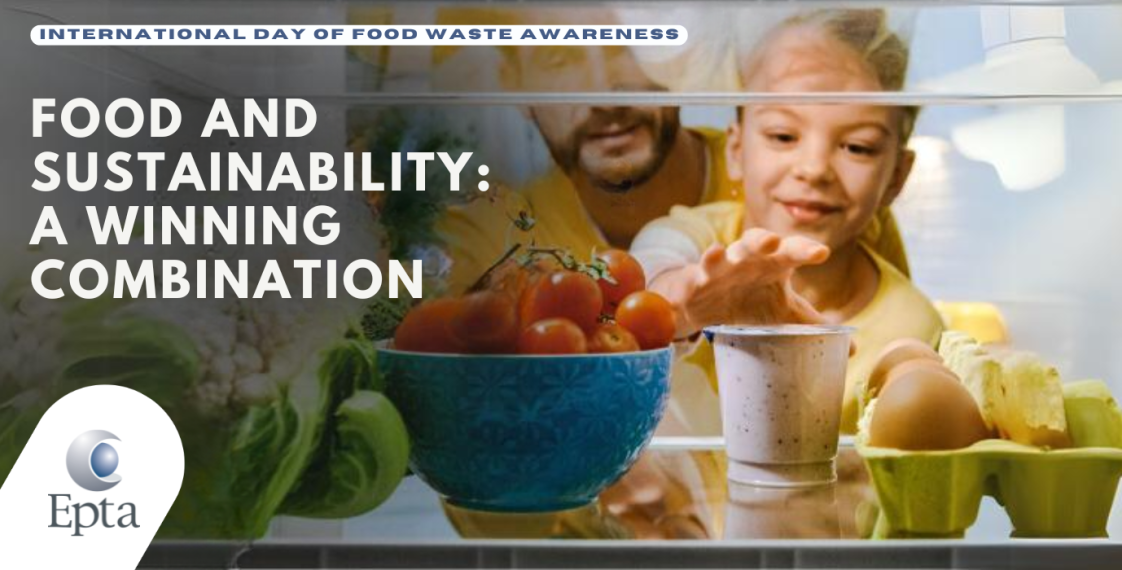EPTA PROMOTES BEST PRACTICES ON INTERNATIONAL DAY OF AWARENESS OF FOOD LOSS AND WASTE

On the fifth International Day of Awareness of Food Loss and Waste, which falls on 29 September with the claim Stop Food Waste! For People and Planet, Epta commits to promoting best practices in accordance with United Nations SDGs and with the European sustainability policies.
The latest data issued by Eurostat, the statistics office of the European Union, outlines a worrying scenario, highlighting how 10% of all food sold in the Member States is wasted, for an overall value of 58.4 million tons and an economic impact of 132 billion euros.
Furthermore, getting rid of food means wasting resources – water, land, energy, labour and capital – used in its production, as well as the emission of carbon dioxide into the atmosphere during this process, calculated in 254 million tons equal to 16% of the overall impact of the food system. With the goal of curbing the phenomenon and halving food waste by 2030, the European Commission has adopted new sustainable strategies, including actions of recovery and redistribution of food surplus.
THE EXPERTS’ WORD: PROPER FOOD REFRIGERATION TO CUT DOWN ON WASTE
Epta has always identified proper food refrigeration as one of the key ingredients to cut down on waste, developing innovative solutions for the Retail, Food&Bev and Ho.Re.Ca. sectors and conceived to preserve the flavour of the products, lengthening the shelf-life thanks to effective thermal insulation.
An efficient cold chain allows to eliminate waste only if supported by a responsible approach at home, where more than half the waste occurs. The causes are multiple: foods that are badly placed or forgotten in the fridge or pantry, difficulty in re-using the leftovers or early deterioration of low-quality products.
Solutions to avoid waste exist, starting from the correct positioning of the foods in the fridge, as underlined by Epta refrigeration experts.
Several tips for consumers:
- the door, the hottest area of the fridge, is suitable for products that are difficult to perish such as sauces and dressings;
- the upper shelves, because of their constant temperature, are suitable for dairy products, both fresh and mature, milk, yogurt and food leftovers.
- the central shelves are suitable for eggs in their original packaging and fish;
- the lower part, the coldest part, is suitable for the preservation of meat at the correct humidity.
- the dedicated drawers are suitable for keeping fruit and vegetables separate, to avoid dehydration or accelerated ripening.
Correct preservation, as well as an informed use of the food resources, are essential for greater awareness and implementation of best practices which contribute to the reduction of waste.